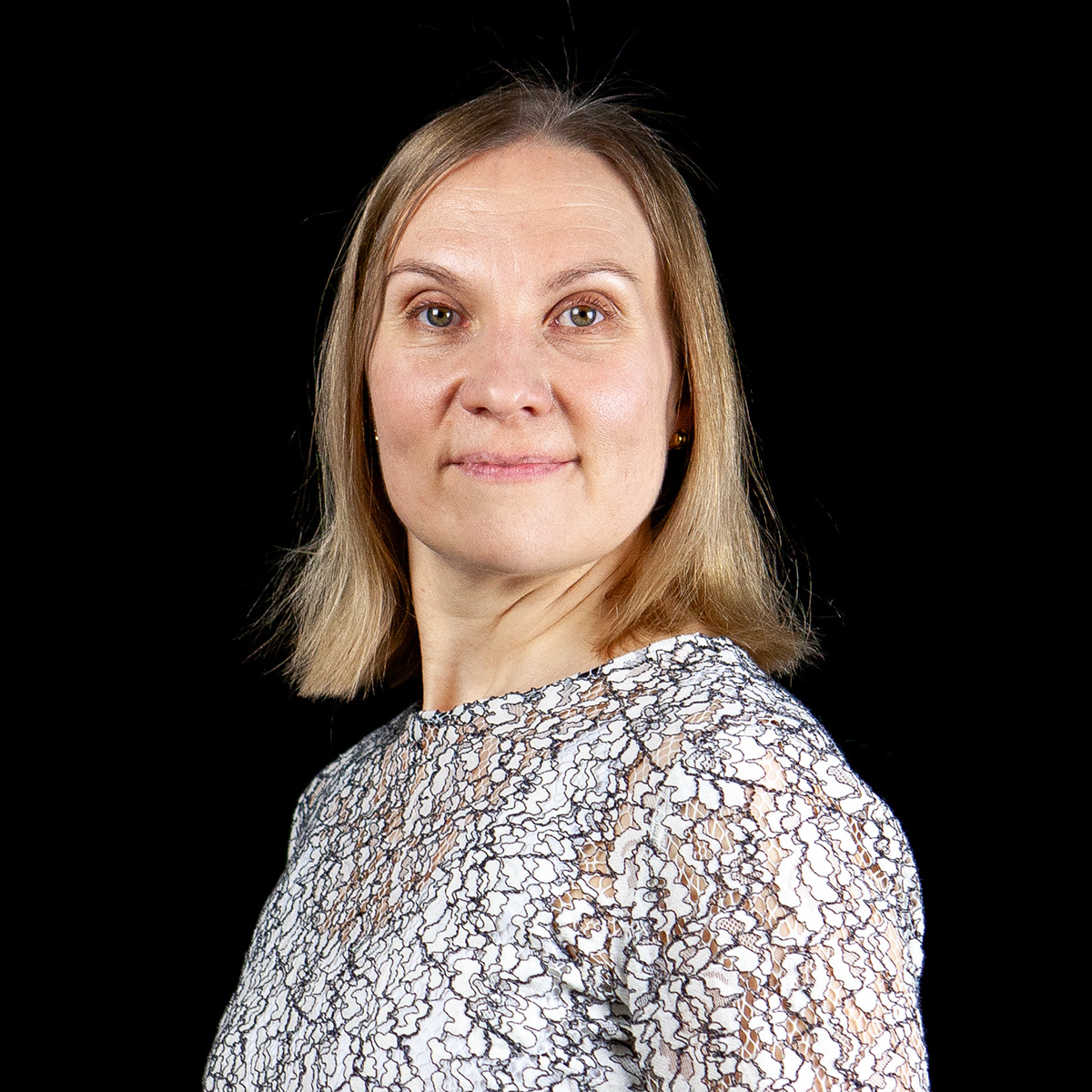Policy Implementation Award by the EU CERC
Circular Awards by the EU CERC recognise and celebrate best practices in the circular economy taken forward by governments and businesses.
About the award
The Policy Implementation Award by the EU CERC is an annual recognition targeted at national, supra- and sub-national or regional public sector organisations in countries eligible for ODA support (see country list below). The award is part of the annual Circular Awards by the EU CERC.
The EU CERC will award an organisation which has a central role in effectively driving the implementation of a circular economy policy initiative nationally since 2020. The annual award aims at rewarding one policy initiative with proven impacts that have been implemented to advance the circular economy. Other innovative policy initiatives where results have not yet been mentioned may be recognised by honorary mentions.
A jury nominated by the EU CERC will judge the participating initiatives based on a set of criteria including how the policy contributes to the circular economy, leverages collaboration, supports development, business and trade, as well as how there are observed and expected impacts and accessible communication. The winner will be invited to participate in WCEF2026 to receive the award including tailored EU CERC exchange, coaching, visibility and promotion up to a value of 10,000€.
The winner will be announced at the World Circular Economy Forum 2026. The WCEF is a landmark event of the year that brings together business leaders, policymakers and experts to present the world’s best circular economy solutions.
Complete list of eligible countries
The Policy Implementation Award by the EU CERC is open to applications from the following ODA recipient countries:
Country list
- Afghanistan
- Albania
- Algeria
- Angola
- Antigua and Barbuda
- Argentina
- Armenia
- Azerbaijan
- Bangladesh
- Belize
- Benin
- Bhutan
- Bolivia
- Bosnia and Herzegovina
- Botswana
- Brazil
- Burkina Faso
- Burundi
- Cabo Verde
- Cambodia
- Cameroon
- CAR
- Chad
- China
- Colombia
- Comoros
- Congo
- Costa Rica
- DRC
- Côte d’Ivoire
- Cuba
- Djibouti
- Dominica
- Dominican Republic Ecuador
- Egypt
- El Salvador
- Equatorial Guinea
- Eritrea
- Eswatini
- Ethiopia
- Fiji
- Gabon
- The Gambia
- Ghana
- Georgia
- Grenada
- Guatemala
- Guinea
- Guinea-Bissau
- Guyana
- Haiti
- Honduras
- India
- Indonesia
- Iraq
- Jamaica
- Jordan
- Kazakhstan
- Kenya
- Kiribati
- Kosovo
- Kyrgyzstan
- Laos
- Lebanon
- Lesotho
- Liberia
- Libya
- Madagascar
- Malawi
- Malaysia
- Maldives
- Mali
- Marshall Islands Mauritania
- Mauritius
- Mexico
- Micronesia
- Moldova
- Mongolia
- Montenegro
- Morocco
- Mozambique
- Myanmar
- Namibia
- Nauru
- Nepal
- Nicaragua
- Niger
- Nigeria
- North Macedonia
- Pakistan
- Palau
- Palestine
- Panama
- Papua New Guinea Paraguay
- Peru
- Philippines
- Rwanda
- Saint Lucia
- Saint Vincent and the Grenadines
- Samoa
- Sao Tome & Principe
- Senegal
- Serbia
- Sierra Leone
- Solomon Islands
- Somalia
- South Africa
- South Sudan
- Sri Lanka
- Sudan
- Suriname
- Tajikistan
- Tanzania
- Thailand
- Timor-Leste
- Togo
- Tonga
- Tunisia
- Republic of Türkiye
- Turkmenistan
- Tuvalu
- Uganda
- Ukraine
- Uzbekistan
- Vanuatu
- Venezuela
- Vietnam
- Yemen
- Zambia
- Zimbabwe
The country list above is based on OECD’s listing of ODA recipient countries, with some exceptions.
How to apply for the 2026 award?
Interested entities are invited to apply through the application form.
The application can be submitted in English, Spanish or French. Please note that all applications will be handled and evaluated in English (translated from Spanish or French, if necessary), and all official communications by EU CERC will be done in English.
Key dates for the 2026 award application process
- Call for applications opens in May 2025.
- The deadline for submitting applications is 31 October 2025 at 23:59 EET (UTC+2).
- Evaluation of applications starts in November 2025.
- Shortlisted candidates are interviewed in March-April 2026.
- Winner is informed in May 2026.
- Winner is announced at WCEF2026.
Criteria
The applicants must meet a minimum criteria to be eligible and accept the terms and conditions of the award. The applications will be evaluated based on a set of criteria mentioned below.
Eligibility
Eligibility criteria
The applicants must meet the following minimum criteria to be eligible for the award.
- Applicant: The applicant must be a public organisation with a legal entity status. Individuals are not eligible to receive the award.
- Implementing entity: The implementing entity may have implemented the policy in collaboration with other organisations (e.g. NGOs or private sector entities). Their role in the implementation should be described in the application. However, the applicant and the receiver of the prize can only be a public organisation, as detailed above.
- Geography: The applicant must be from one of the ODA-recipient countries listed on this page, and the policies applied must be implemented in one or more of these countries.
- Circular economy focus: The policy initiative must have an explicit focus on the circular economy or sustainable consumption and production of resources.
- Implementation results: Observable and measurable results must be identified.
- Level of governance: Policies must be implemented at a national, supranational, regional or city level.
- Lead organisation: One lead organisation must be listed and uphold responsibility for coordination throughout the award process.
- Time span: Implementation should have taken place after 2020 and generated results by the application deadline.
- Terms and conditions: The applicant accepts the terms and conditions mentioned on this page.
Terms and conditions
Terms and conditions
- The recipient of the award must declare that they will act in a spirit of neutrality and do not use the award to promote their achievements at the expense or of otherwise denigrate rival applicants.
- The recipient is not subject to sanctions under the United Nations Security Council or The European Union.
- The recipient must be able to attend the WCEF in which the award will be handed out or nominate a representative that can attend the WCEF. In addition, the recipient must agree to participate in the production of video material for the award and accepting the award on stage at WCEF.
- The recipient needs to liaise with Sitra for the creation of promotion materials related to the announcement of the award.
- The recipient will enter into a cooperation agreement with Sitra, which will specify in more detail the content and terms of use of the prize. Receiving the prize requires signing the cooperation agreement. The agreement shall be made in English.
- The recipient shall be responsible for all possible taxes related to the award.
- Sitra has the right to publish the name of the award recipient and a description of the awarded initiative on its website and in other communications, including the WCEF event and its website.
- Sitra has the right to make changes to the award rules if necessary. Any changes will be announced on the award website.
Evaluation
Evaluation criteria
- The most important criteria are:
- Contribution to the circular economy: The initiative will be evaluated regarding the extent to which it contributes to the circular economy, favouring solutions that promote the higher end of the circular economy hierarchy.
- Collaboration and integration: The initiative will be evaluated regarding its model for ensuring engagement and collaboration of relevance as well as the integration of the initiative into other existing policy areas in the country and internationally (including the EU).
- Observed and expected impact: The initiative will be evaluated regarding its observed impacts in its specific focus and the ability of the initiative to be sustainably implemented in the future with additional positive impacts.
- Other evaluation criteria include:
- Accessible communication: The initiative is clearly described and available in a publicly accessible format and translated to other languages to allow replication.
- Sustainable development: The initiative will be evaluated on its ability to lead to outcomes beyond its specific target area that contribute to sustainable development with a whole society approach.
- Business and trade: The initiative will be evaluated on the extent to which it has activated business involvement in the circular economy and leveraged possibilities for trade and investments, including with the EU.
Questions?
Frequently asked questions
- What is the Policy Implementation Award by the EU CERC?
It is an initiative by the EU Circular Economy Resource Centre to recognise and promote exemplary circular economy policies around the world. The award aims to highlight policies that have been effectively implemented and have made a tangible impact on the transition to a circular economy. - Who funds and manages the award?
The award is funded by the European Commission and the Ministry for Foreign Affairs of Finland as part of the EU Circular Economy Resource Centre. The process for this award is managed by Sitra, the Finnish Innovation Fund. - Who is eligible to apply for the award?
The award is open to public sector organisations in most countries eligible for ODA support. For a complete list of eligible countries, please see the list above. - How to apply?
Interested entities must complete and submit an online application form available above. The submission deadline is 31 October 2025 at 23:59 EET (UTC+2). - What languages can be used for applying?
The application can be submitted in English, Spanish or French. Please note that all applications will be handled and evaluated in English (translated from Spanish or French, if necessary), and all official communications by EU CERC will be done in English. - What is the selection process and timeline?
The selection process for the 2026 award includes:
• Call for applications (14 May 2025)
• Deadline for applications (31 October 2025)
• Jury interviews for the top 3 candidates (March-April 2026)
• Final decision by the Jury (April 2026)
• Informing the winner (May 2026). - What are the benefits of winning the award?
The winner will be invited to the World Circular Economy Forum (WCEF) and have access to the main stage for announcing the winner. The winner will receive tailored mentoring, networking, training or coaching from the EU CERC, as well as visibility through meetings with high-level stakeholders at the forum, on WCEF’s website and social media.

